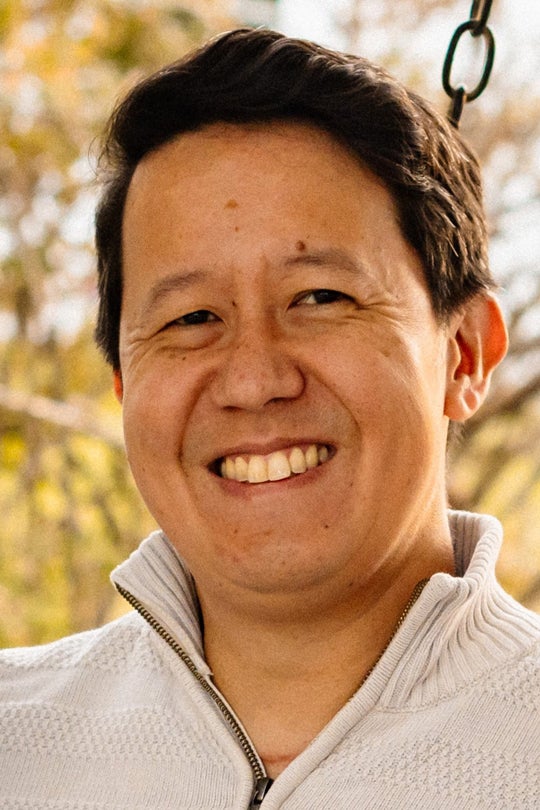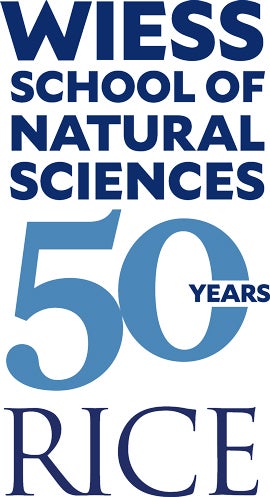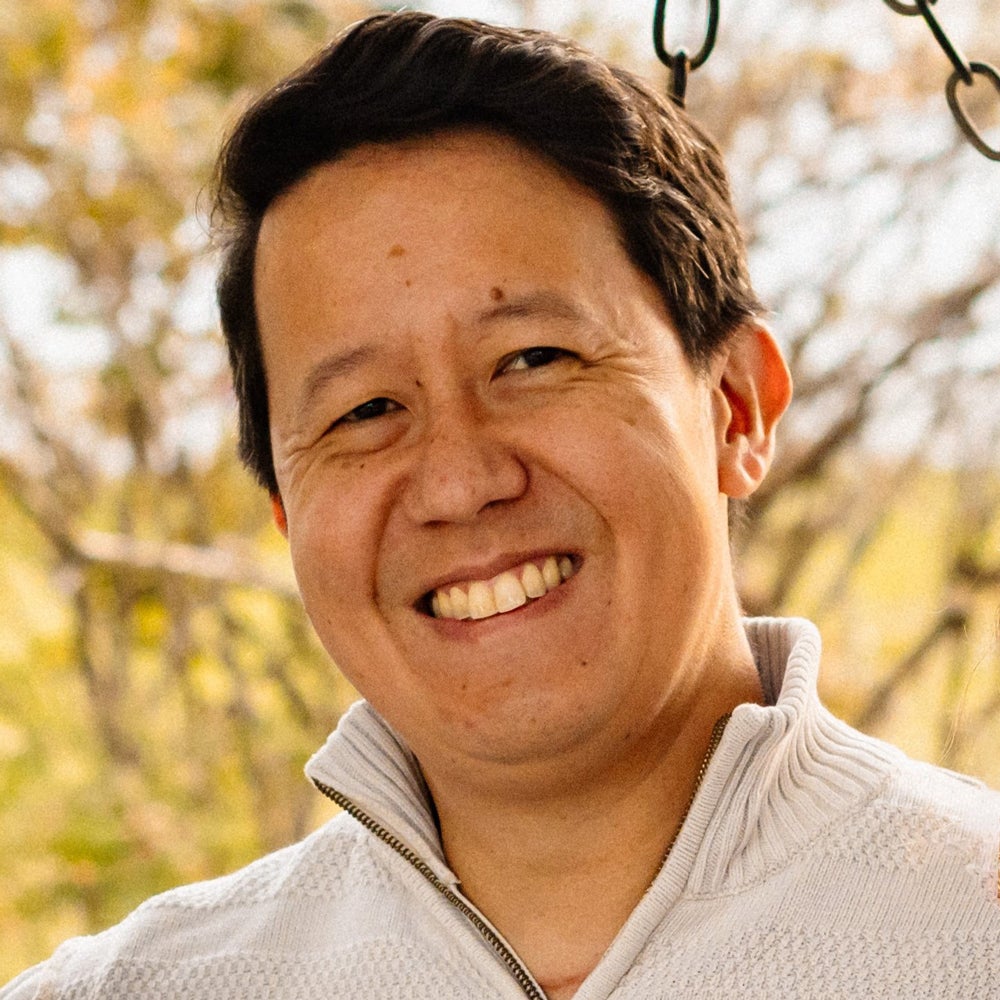It isn’t easy for Daniel McDonald ’06 ’13 to pin down the most important lesson he learned at Rice. But that tracks. “Easy” isn’t really his thing.

A physicist by training, McDonald is head of home lending strategy at SoFi. He had a tough childhood and was no stranger to adversity when he arrived as a freshman. But he learned a lot about resilience, perseverance and himself during his decade at Rice.
“Life gave a lot of excuses of me not being good enough or wanting to give up,” said McDonald, who grew up in a single-parent household in San Antonio. He went to work at 12 to help support his dad and sister. Juggling jobs and classes, he became valedictorian of his high school class and landed college scholarships. But he wasn’t prepared for Rice. He flirted with academic probation during his first semester and wondered, “Am I smart enough to actually last here?” he said.
“That’s even something that I struggled with when I transitioned to the business world,” he said. “Trying to realize: ‘No. I am this good,’ and ‘I am the sum of all of the experiences — good, bad, or ugly — that got me to this point in my life.’ And maybe that’s the answer: Rice taught me that there is no traditional path.”
Learning to believe in himself came with time and mentoring from professors like Paul Padley, Frank Geurts, Robin Foreman and the late Jay Roberts.
“What cemented me being a physics major was waking up with spontaneous pneumothorax my sophomore year around Christmas time,” McDonald said. At the emergency room, doctors told him he likely punctured a lung while coughing or sneezing. He spent 20 days in intensive care, underwent a half-dozen surgeries and missed all his finals. Padley and Roberts, the instructors in his physics course, offered one-on-one tutoring to prep him for the makeup exam.

“The process of those sessions just lit something on fire in terms of curiosity and understanding some of the things that make physics special, like root-cause analysis,” he said.
He stayed for a Ph.D. and was well-positioned to succeed in academia. But getting tenure in the multinational environment of high-energy particle physics would leave little time for anything else, and he wanted to start a family. “I didn't want to settle down, but then be in a different state or country every other week,” he said.
Though he had a Ph.D., finding work wasn’t easy. A Jones College classmate helped him land an interview as an analyst at Capital One. By chance, he wound up in the home loans division, which clicked with him in much the way that physics had.
“There’s just something about it that appeals,” McDonald said. “It’s very similar to physics, in that it’s not solvable by a simple equation. Buying a house is the largest transaction that most people ever do. It is so emotionally driven that the variables that you have to be able to tackle to come up with a coherent business strategy are infinitely more complex than any others in financial services.
“A lot of the things that it takes to get a Ph.D. and be a successful physicist — the soft skills, the ability to handle conflict, the ability to cope with stress and still be productive — directly translate to the business world,” McDonald said. “Who I am as a business leader, the success I’ve had in standing up top-10 businesses in the country, is because of my time in physics.”

